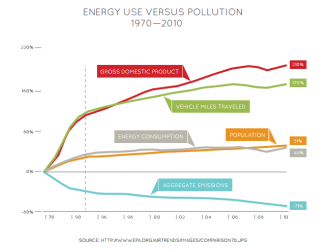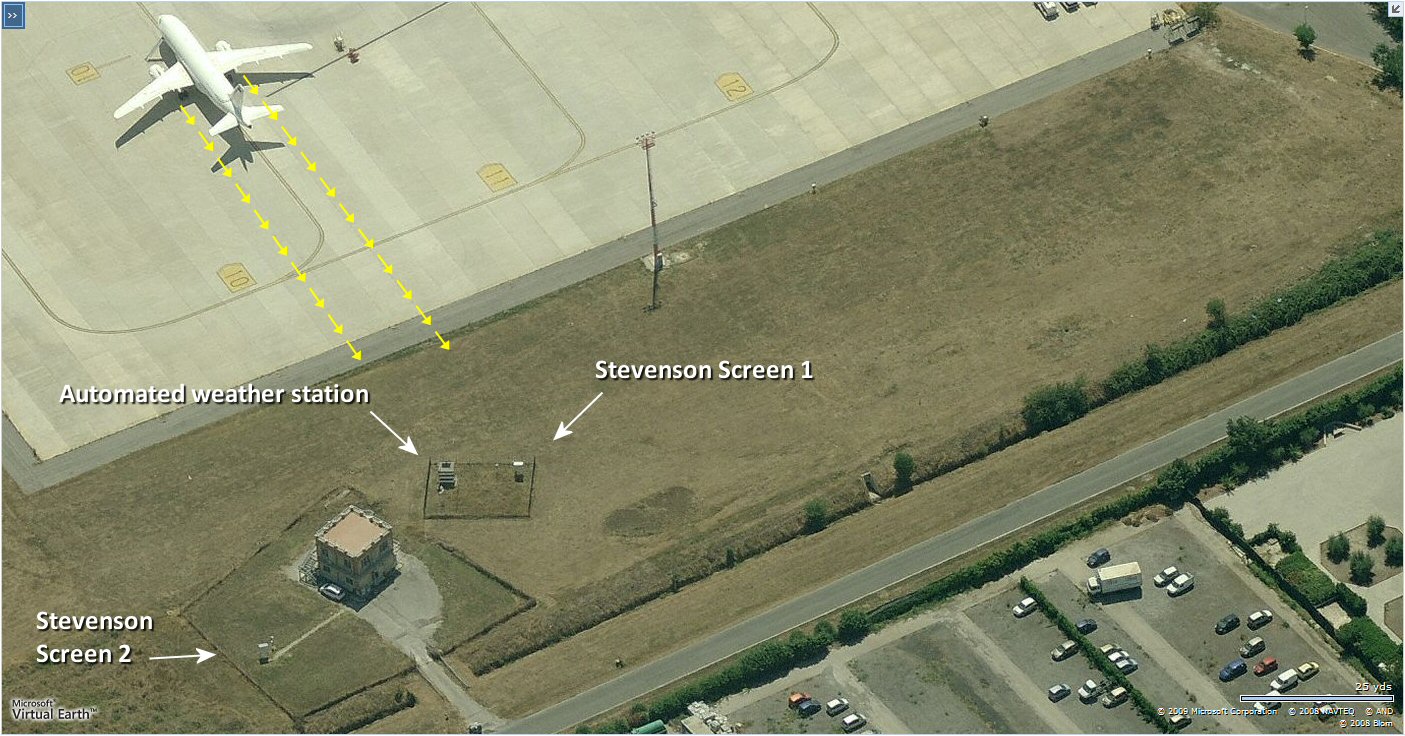We all know that the USofA is Number One. Right?
Well, read the article and be surprised @ The world s 10 biggest energy gluttons mdash MercoPress
Well, read the article and be surprised @ The world s 10 biggest energy gluttons mdash MercoPress







